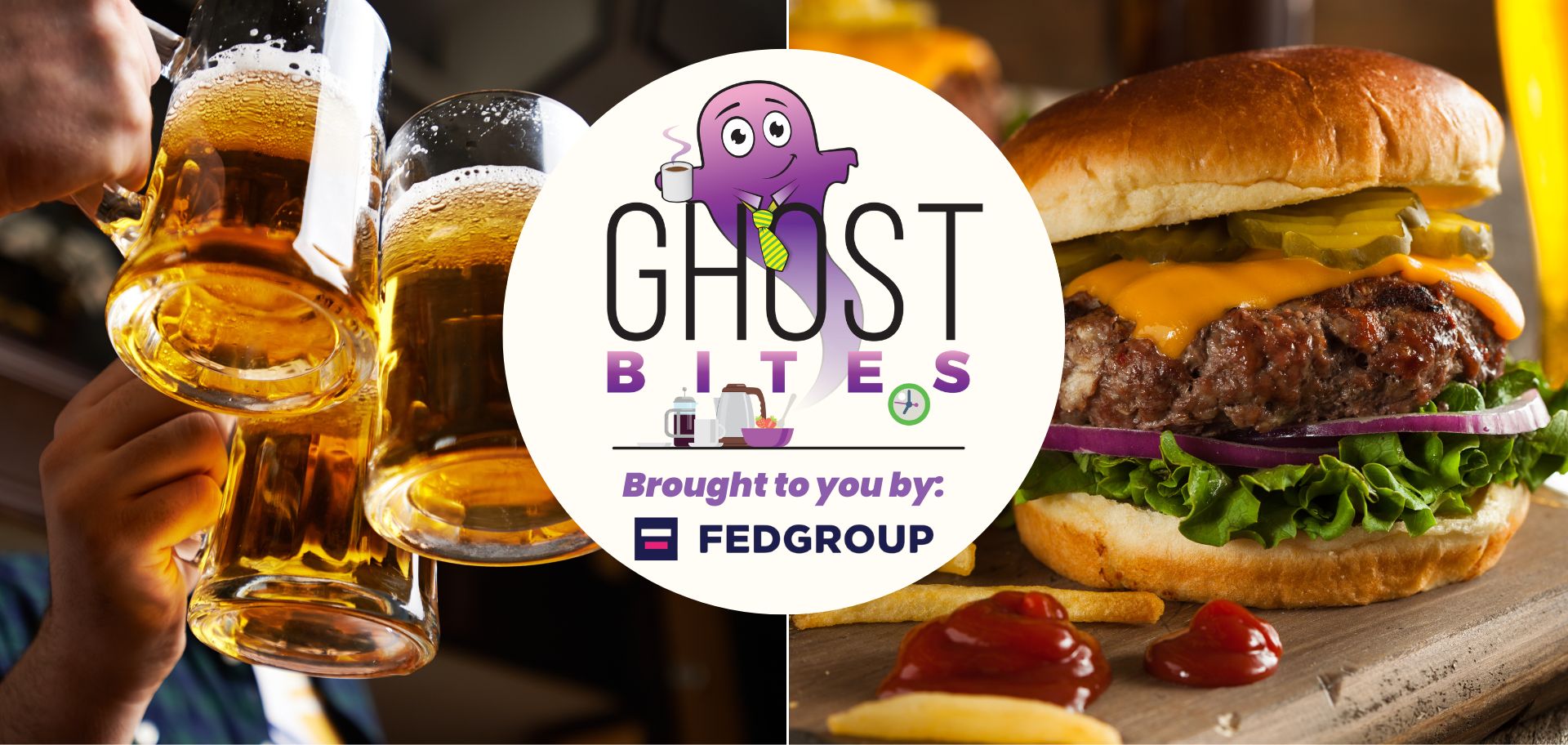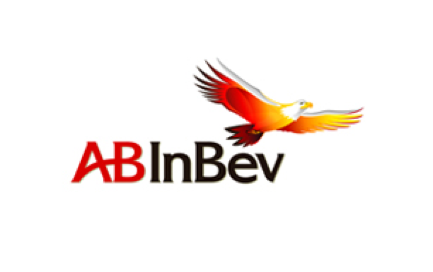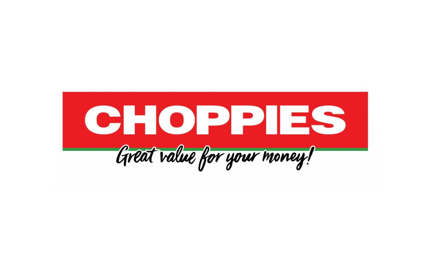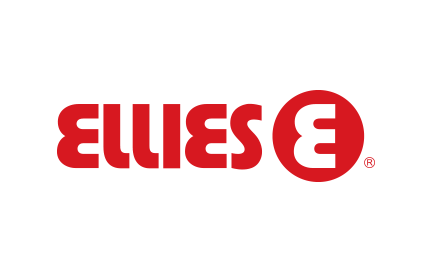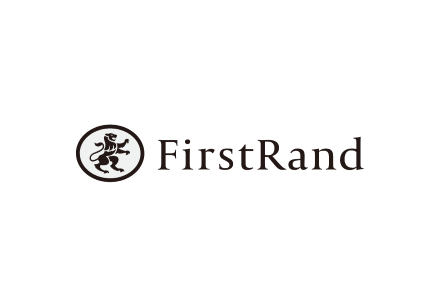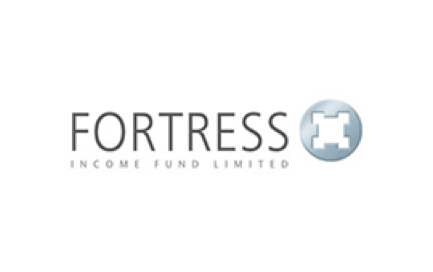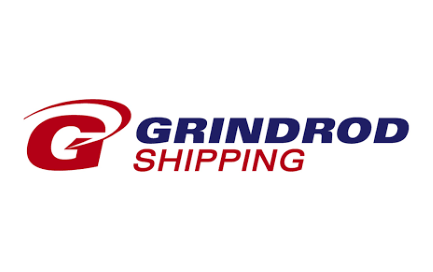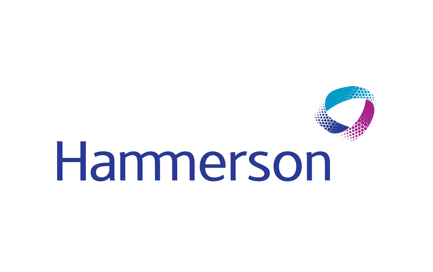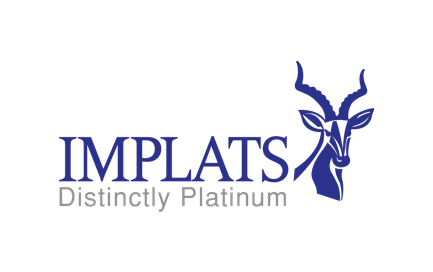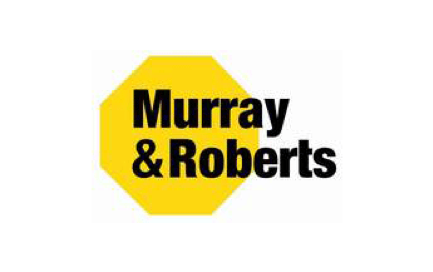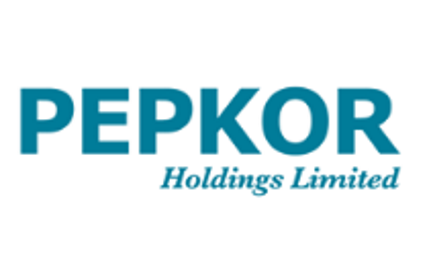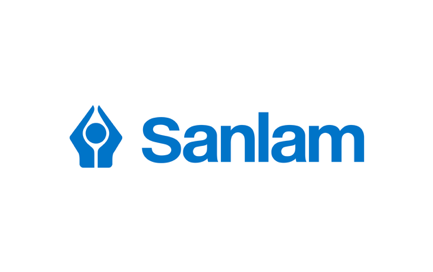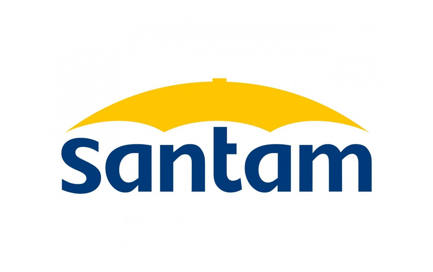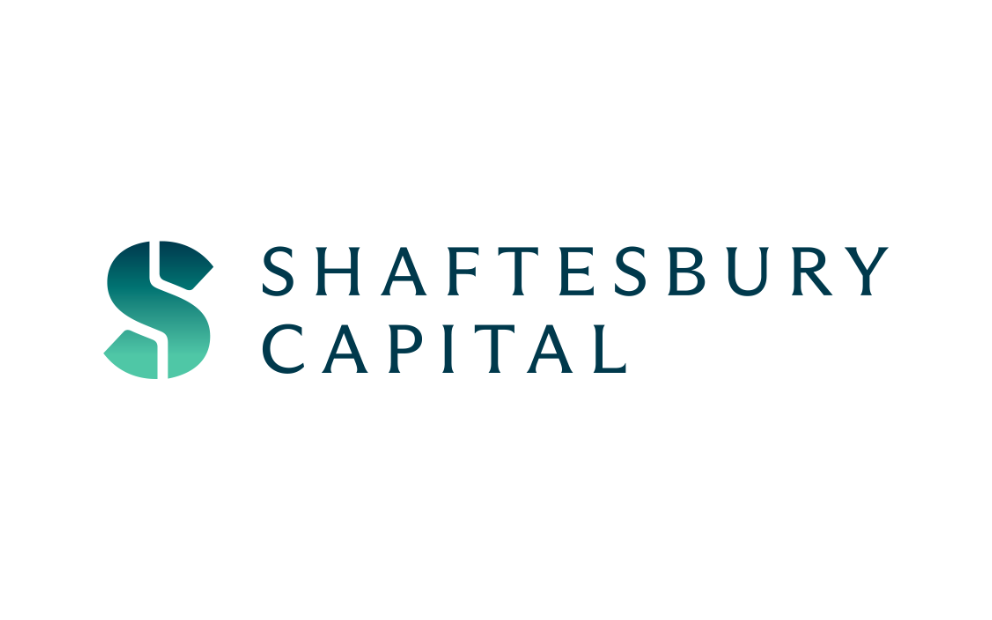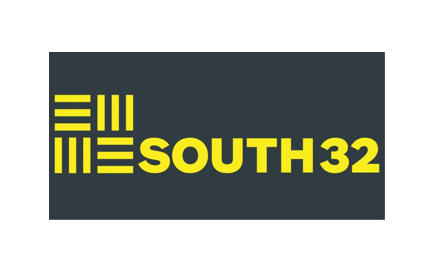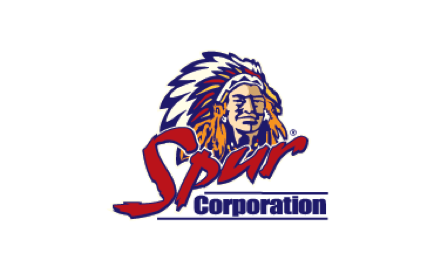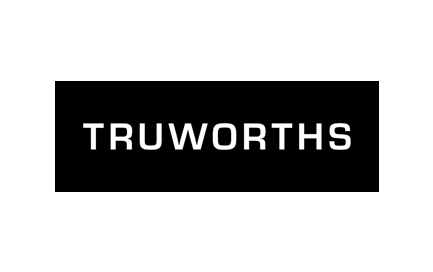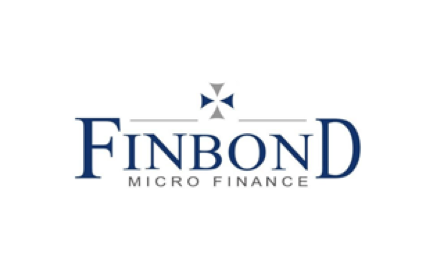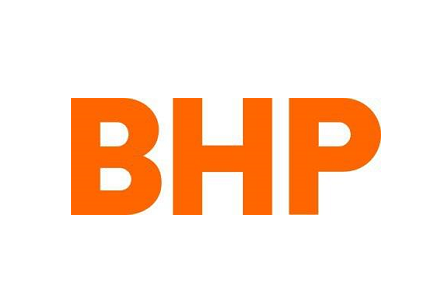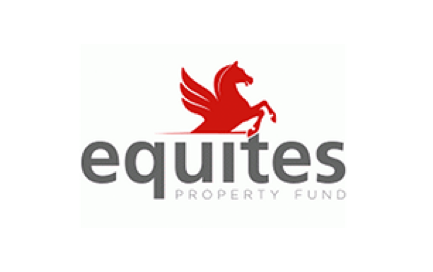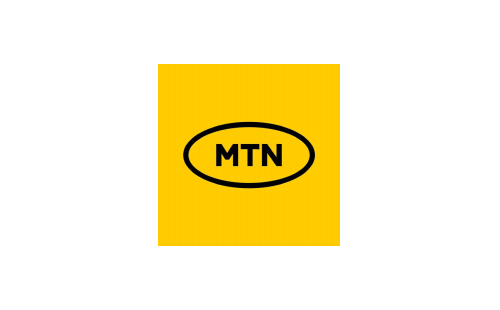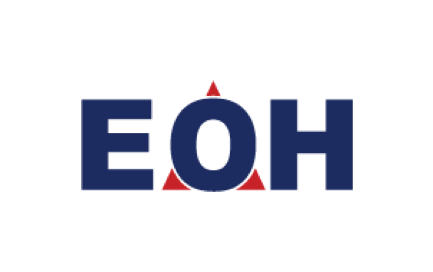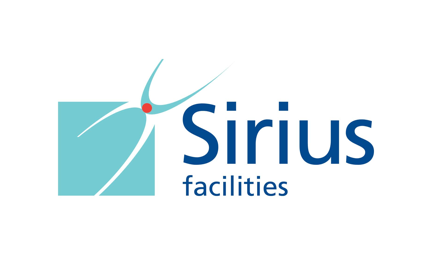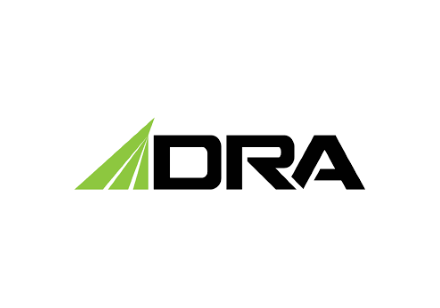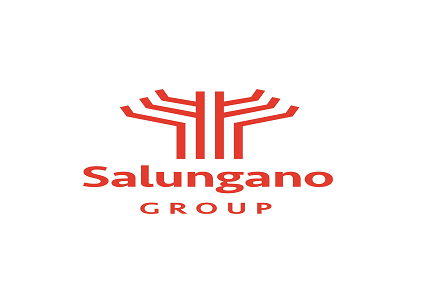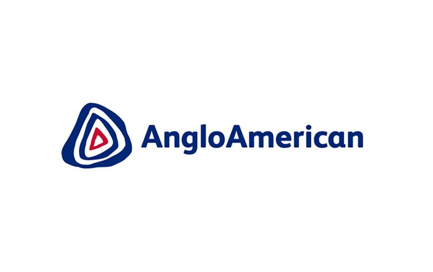Get the latest recap of JSE news in the Ghost Wrap podcast, brought to you by Mazars:
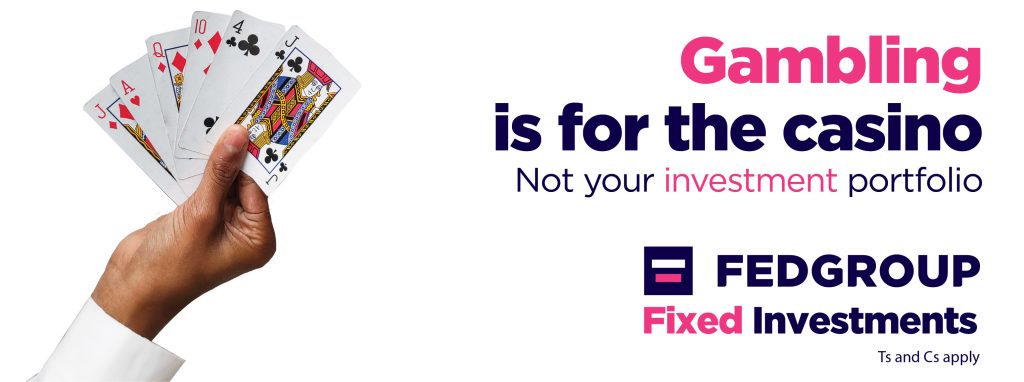
AB InBev’s Q4 profits dip despite revenue growth (JSE: ANH)
Volumes fell in 2023, with pricing taking revenue growth into the green
It was a lot more expensive to drink in 2023 than the year before. We know this because although full-year volumes at AB InBev fell by 1.7%, revenue was up by 7.8%. This can only be because of pricing increases.
This makes things tricky for AB InBev, as manufacturing companies need volumes to keep growing in order for efficiencies to be realised. Normalised EBITDA margin for the full year contracted by 23 basis points to 33.6%. At least the fourth quarter impact was minor, down 2 basis points to 33.7%.
Profits for the full year came in at $6,158 million vs. $6,093 million in the prior year, so there’s a small uptick there. For the fourth quarter though, they fell from $1,739 million to $1,661 million.
Net debt to normalised EBITDA was 3.38x at 31 December 2023, an improvement from 3.51x at the end of 2022.
Choppies has a good story to tell, but not at HEPS level (JSE: CHP)
This is what happens when you issue lots of new shares under a rights offer
Choppies has announced an interim dividend of 1.6 thebe per share. In case you didn’t know, the thebe is the cents currency of Botswana (i.e. 100 thebe equals 1 pula), which is where Choppies has its primary listing! This is compared to no interim dividend being paid last year, so there’s some good news for shareholders.
This is because the company seems to be doing a lot better, with revenue up 21% and operating profit up 28%. Despite profit being up 41%, HEPS could only move 2% higher. This is because there are many more shares in issue after the recent rights issue.
To give you a sense of the dividend payout ratio, HEPS was 5.3 thebe and the dividend was 1.6 thebe per share as mentioned, so they are still retaining a lot of earnings.
Ellies is now technically insolvent (JSE: ELI)
The tangible net asset value per share is negative
At Ellies, the results for the six months ended October 2023 probably signal the death of the company, at least in its current form. Revenue is down 30.6%, the headline loss per share was a massive 13.27 cents and the net tangible asset value per share has moved from 12.3 cents to -7.3 cents.
The group is now in business rescue. Good luck to Standard Bank getting their money back on the term facilities and general banking facility. Hopefully the notarial bond over moveable assets will work out well for them.
As for equity holders, you can perhaps ask for the share certificates and frame them on the wall to remind you not to invest in basket cases.
FirstRand: only keeping up with inflation (JSE: FSR)
The dividend is up by 6%
It’s tough for the large banking groups in South Africa, as there is practically no economic growth to help them. What does help of course is inflation and higher interest rates, offset to varying extents by impairments. A group like Standard Bank is growing strongly in Africa at least, whereas the others are reporting far more pedestrian numbers.
FirstRand is the perfect example, with the ordinary dividend up by only 6% per share. Normalised return on equity has fallen from 21.6% to 20.6% for the six months to December. The highlight here is a 14% increase in normalised NAV per share, which is one of the key valuation inputs for the share price.
Looking at top-line growth, it was all about net interest income (up 14%) rather than non-interest revenue (up just 4%). Operating expenses increased 9% and impairments were 28% higher, hence why normalised earnings were only up by 6%. The credit loss ratio has increased from 0.74% to 0.83%.
The share price is down 3% over the past 12 months. In contrast, Standard Bank is up 8.9%. In both cases, this excludes dividends.
Fortress expects to start paying dividends (JSE: FFB)
This is thanks to the deal that sorted out the share structure by using NEPI Rockcastle shares
After a long journey to try and sort out the dual-class share structure into something sustainable, Fortress must be feeling chuffed to announce that distributions are expected for the first half of the 2024 financial year. Distributable earnings themselves are up 19%, but the share structure has changed completely, so reflecting this on a per-share basis isn’t useful for comparability.
It is useful for shareholders to see the anticipated dividend per share being 81.44 cents. The forecast for the second half of 2024 is 60.44 to 65.57 cents, with full year distributable earnings expected to be between 10.9% and 14.0% lower. This is due to the impact of the group having used a big chunk of the NEPI Rockcastle investment to settle shareholders.
Grindrod Shipping reports a loss for the year (JSE: GSH)
If you want a steady investment, stay far away from shipping
All cyclical industries are painful, but some are more painful than others. After shipping made an absolute fortune during and immediately after the pandemic, the cycle turned with a vengeance and Grindrod Shipping generated a loss for the six months to December of $9.2 million as shipping rates dropped further.
After modest profits in the first half of the year, the full-year loss was $7.9 million.
The focus at this point in the cycle has been to reduce debt, with $56.9 million worth of debt cleared in 2023. Cost efficiencies across the fleet are also a priority, especially with shipping rates under pressure.
The dividends continue at Hammerson (JSE: HMN)
Key metrics are looking better for the group
In its full year 2023 results, Hammerson has highlighted like-for-like gross rental income growth of 6% and a reduction in administrative costs of 14%. Adjusted earnings were up 11% thanks to these efforts.
Importantly, net debt was down 23%. The loan-to-value came in at 34% after a disposal programme strengthened the balance sheet.
After reinstating dividends at the half-year mark, the company has recommended a final dividend that brings the full-year dividend to 1.50p per share. The policy is to pay between 60% and 70% of annual adjusted earnings, so don’t expect a cash cow here like you’ll find in most SA REITs.
Impala Platinum’s detailed interims are now available (JSE: IMP)
As we already knew, they aren’t pretty
The recent performance of PGM miners is no secret. We’ve had a few updates from the sector as a pre-cursor to the release of detailed numbers. It therefore might upset you, but shouldn’t shock you that HEPS at Impala Platinum is down by 77.9% for the six months to December 2023.
With revenue down by 24.9% as PGM prices plummeted, the rest of the income statement never really stood a chance.
There is no dividend for this period, with a free cash outflow of R4.76 billion vs. an inflow of R11 billion in the comparable period.
With group unit costs expected to increase by between 6% and 10% for the full year, they really need PGM prices to go the right way.
Murray & Roberts is still making losses (JSE: MUR)
Yes, even from continuing operations
Murray & Roberts is in esteemed company, as one of the many South African businesses that got a klap in Australia. We shouldn’t play cricket there and in most cases, we shouldn’t do business there either. Send the Bokke to represent us and be done with it.
With the company’s Aussie subsidiaries having been placed into voluntary administration in December 2022, the size of the group has been significantly reduced. The balance sheet needed to get smaller too, with debt down to R400 million from R2 billion in April 2023. They need to refinance the remaining debt by June 2024.
For the six months ended December 2023, the headline loss per share from total operations (i.e. including the loss from the deconsolidation of various entities) was between -29 cents and -24 cents. It’s a vast improvement from -322 cents in the prior period, but it’s still a loss.
From continuing operations only, the group has improved slightly from a headline loss per share of -27 cents to an expected range of -19 to – 14 cents.
And this, dear friends, is why the share price looks like an exciting thing to try on a snowboard in the winter:

Pepkor says goodbye to The Building Company (JSE: PPH)
Private equity buyers have swooped in to give Pepkor an exit from this asset
The building materials sector hasn’t exactly been a great place to play recently, with Pepkor deciding to exit its investment in The Building Company. The main brands here are BUCO, Timbercity and Tiletoria.
The buyer is Capitalworks Private Equity and selected members of management, so this is a classic management buyout deal. The price is R1.2 billion. This isn’t a categorisable transaction, so we aren’t getting any further details than that.
A dig through the Pepkor financials reveals revenue for the building materials segment of R8.4 billion for the year ended September 2023. The disclosure is quite light in 2023, but I found a profit number for 2022 (off much the same revenue) of R462 million.
I would guess that the profit multiple for this deal is around 3x, which tells us that Pepkor was just happy to get rid of the thing. Good luck to management and the new buyers!
Sanlam’s HEPS has moved much higher (JSE: SLM)
A solid result in the financial services business helped drive this outcome
Ahead of the release of detailed 2023 results on 7 March, Sanlam released a trading statement noting a beautiful jump of between 44% and 54% in HEPS for the year ended December 2023.
This was driven by a strong improvement in the cash result from financial services, which increased by between 15% and 25% on a per-share basis. Overall growth in the book and an improved risk experience in the life insurance business were helpful here, amongst other things.
Net operational earnings per share was up by between 23% and 33%, with higher investment returns on the shareholder capital portfolio.
Sanlam’s share price is up 20% in the past 12 months.
Despite underwriting pressures, Santam’s HEPS grew strongly (JSE: SNT)
The weather – and general life in South Africa – are making short-term insurance a tricky game
For the year ended December 2023, Santam’s group insurance revenue increased by 9%. HEPS was up by 27%, with the vast gap between those numbers explained by a major uptick in the return on shareholders’ funds rather than by great underlying results in the insurance business.
In fact, conventional insurance net underwriting margin deteriorated from 5.1% in 2022 to 3.5% in 2023. This is why underwriting profit fell by 26%, impacted by all kinds of weather-related problems and even the earthquake in Turkey!
Importantly, the investments in India and Malaysia reflected revenue growth of 31%, with the Indian business as the major driver here.
The dividend is 7% higher at 905 cents per share.
Shaftesbury grows the dividend (JSE: SHC)
The London-based portfolio is delivering growth
In the year ended December 2023, Shaftesbury grew gross income by 10.4% on a like-for-like basis. Still, the environment of higher rates meant that the wholly-owned portfolio saw its valuation drop by 0.8%.
Notably, the loan-to-value has increased from 28% to 31% over the past year. Anything in the 30s is pretty normal for a property fund.
The final dividend of 1.65 pence per share takes the full-year dividend to 3.15 pence per share.
The medium-term growth prospect is 5% to 7% per annum. Of course, the total return to investors will depend greatly on property valuations and the cap rates being applied.
South32 sells Illawarra Metallurgical Coal (JSE: S32)
At this valuation, I’m not surprised they’ve agreed to sell
South32 has agreed to sell Illawarra Metallurgical Coal in Australia to Golden Energy and Resources and M Resources. The buyer is a lot less important than the price, with the deal being worth up to $1.65 billion, of which $1.05 billion is payable at completion. $250 million is payable in 2030 as deferred consideration and there’s a contingent amount of up to $350 million as well.
Assuming the total is received, that’s a multiple of 7.2x average annual free cash flow. Although the deferred amount is years away and should be present valued at a suitable discount rate, thereby reducing the effective multiple being received, it’s still a strong price.
Aside from unlocking the capital, the deal simplifies South32’s business and reduced its capital intensity.
Spur reports impressive momentum (JSE: SUR)
This was a positive surprise for me
Spur has been doing really well lately, with restaurant brands that resonate with customers looking for value offerings and somewhere for the kids to have a jol. The fact that Spur is doing well in general isn’t a surprise for me. The results for the six months to December 2023 are a surprise though, as retail mall commentary for the period was that quick-service restaurants didn’t have a great time.
So if Spur did well, are we in for a famous disappointment elsewhere? Time will tell.
Sticking to those with a taste for life, turnover was up 10.4% in total and 9.0% excluding the Doppio Collection. There’s no debt on the balance sheet, so shareholders get the juicy benefits of a 16.4% increase in HEPS.
The interim dividend is up by 15.8% to 95 cents per share.
The group has highlighted the benefit of tourism numbers for the Western Cape (and to a lesser extent, KZN) restaurants in December.
Spur’s share price is up 22% in the past year, which is an exceptional outcome relative to other consumer plays.
Not much to write home about at Truworths (JSE: TRU)
But at least earnings have moved higher, so that’s something
Truworths has released results for the 26 weeks ended 31 December 2023. Apparel retailers had a pretty decent end to 2023, with Truworths reflecting 8.5% growth in sales of merchandise. Gross profit margins were steady at 53.6% vs. 53.5% in the comparable period. Operating margins unfortunately fell slightly by 20 basis points to 24.5%.
Once we get to HEPS level, the increase is only 3.6%, with a 36.7% increase in finance costs playing a major role here. The interim dividend is 3.8% higher. It’s positive at least, but not by much.
The highlight is probably cash generated from operations, which increased from R1.7 billion to R2.7 billion. Net debt is down from R854 million to R124 million, so the balance sheet looks better.
At segmental level, the star of the show was the Office business in the UK, achieving growth of 33.1% in rands (and 15.6% in GBP). Truworths Africa was down 0.3%, so the group was a relative loser vs. some of its peers in South Africa.
In terms of outlook, sales for the first seven weeks of the new period increased by 3.8%. South Africa is down 0.5% and Office is up 1.3% in GBP. On this basis, I would be careful of Truworths this year, as the UK carried it through 2023 and the growth there seems to have moderated.
Little Bites:
- Director dealings:
- Sean Riskowitz, seemingly acting in his personal capacity for once, bought shares in Finbond (JSE: FGL) worth R5.34 million.
- The wife of the CEO of Shaftesbury Capital (JSE: SHC) bought shares in the company worth £110k.
- An executive of BHP (JSE: BHG) has bought shares worth A$70k.
- A non-executive director of Primary Health Properties (JSE: PHP) has bought shares in the company worth £25k.
- Equites (JSE: EQU) released a pre-close presentation that is worth digging into if you’re a shareholder. The loan-to-value ratio is down from 42.3% at August 2023 to an estimated 41.5% at February 2024, with disposals in the UK as the major positive driver and various acquisitions in South Africa limiting the decrease. The cost of debt in South Africa is up from 8.58% to 9.11% in the past year. In the UK, the cost of debt is down from 4.15% to 3.62% over the same time period. Dividend per share guidance of 130 – 140 cents per share for FY24 is unchanged.
- MTN Ghana, part of MTN (JSE: MTN), released results for the year ended December 2023. Service revenue was up 34.6% in local currency and EBITDA margin increased by 230 basis points to 58.4%. Total capex was up 90.3% though, so the same story keeps applying around lack of cash coming from these businesses. With macroeconomic issues continuing, the African subsidiaries are focusing on in-country investments.
- EOH (JSE: EOH) announced that the PAYE dispute between SARS and EOH Abantu has been settled, with the company owing R112 million to SARS before 1 March 2024. The company had already provided for this. EOH Abantu must also forfeit a tax receivable credit of R6.9 million, which hadn’t been provided for. The assessed loss of R34.5 million is also gone, with no impact to the financials as no deferred tax asset had been raised anyway. Standard Bank has increased the debt facility by R63 million, which is the shortfall for EOH Abantu to settle the tax.
- Sirius Real Estate (JSE: SRE) has acquired a German business park for €13.75 million, marking the third German acquisition this year. The deal has been funded from the proceeds of November’s capital raise. For some reason, the announcement doesn’t mention the acquisition yield.
- DRA Global (JSE: DRA) has released results for the year ended December 2023. Revenue may be down by 1% but profits are up by 190% to $19.7 million. No dividends have been paid for this period, despite the turnaround in financial performance. The group has noted a strong project pipeline and the share price closed 17.42% higher, admittedly on low volumes as usual.
- Salungano Group (JSE: SLG) is currently suspended from trading and thus needs to release a quarterly update. The reason for the suspension is that FY23 results haven’t been released, with business rescue of yet another subsidiary causing further complications. They expect to release FY23 results by mid-April and interim 2024 results as soon as possible thereafter.
- The listing of Collins Property Group (JSE: CPP) will be transferred to the Industrial REITs subsector of the JSE with effect from 18 March 2024. This is important in terms of index funds and even actively managed funds being able to hold the shares, as mandates of even actively managed funds can be quite narrow.
- Earlier this week, Anglo American (JSE: AGL) and some of its subsidiaries announced good news regarding a renewable energy deal with Envusa Energy, in which Anglo American holds a 50% stake. The latest news is that Envusa has completed the project financing for its first three wind and solar projects in South Africa, collectively called the Koruson 2 cluster of projects. This is a wind and solar operation located on the border of the Northern and Eastern Cape. Anglo American Platinum, Kumba Iron Ore and De Beers have committed to 20-year offtake agreements.

